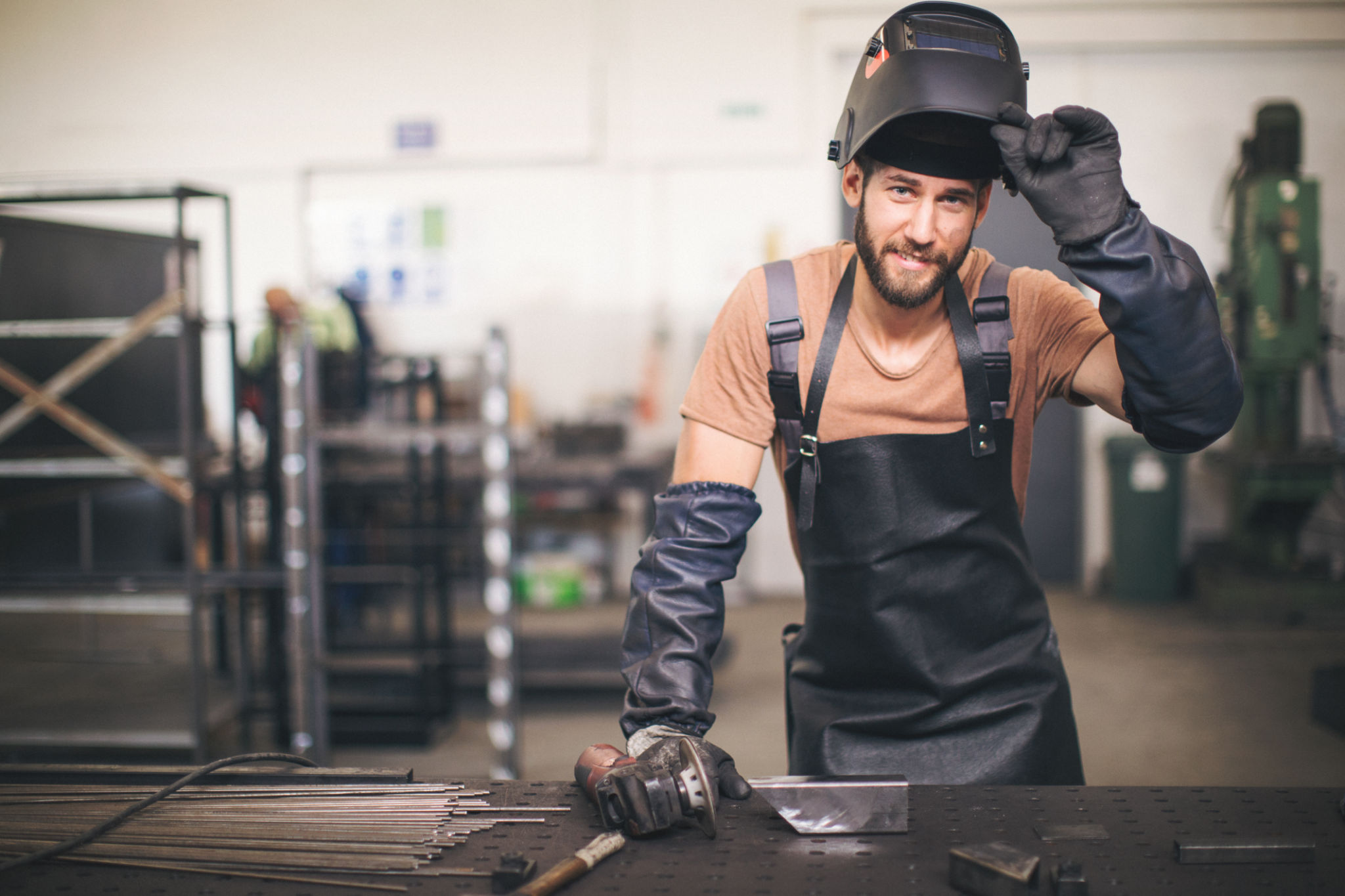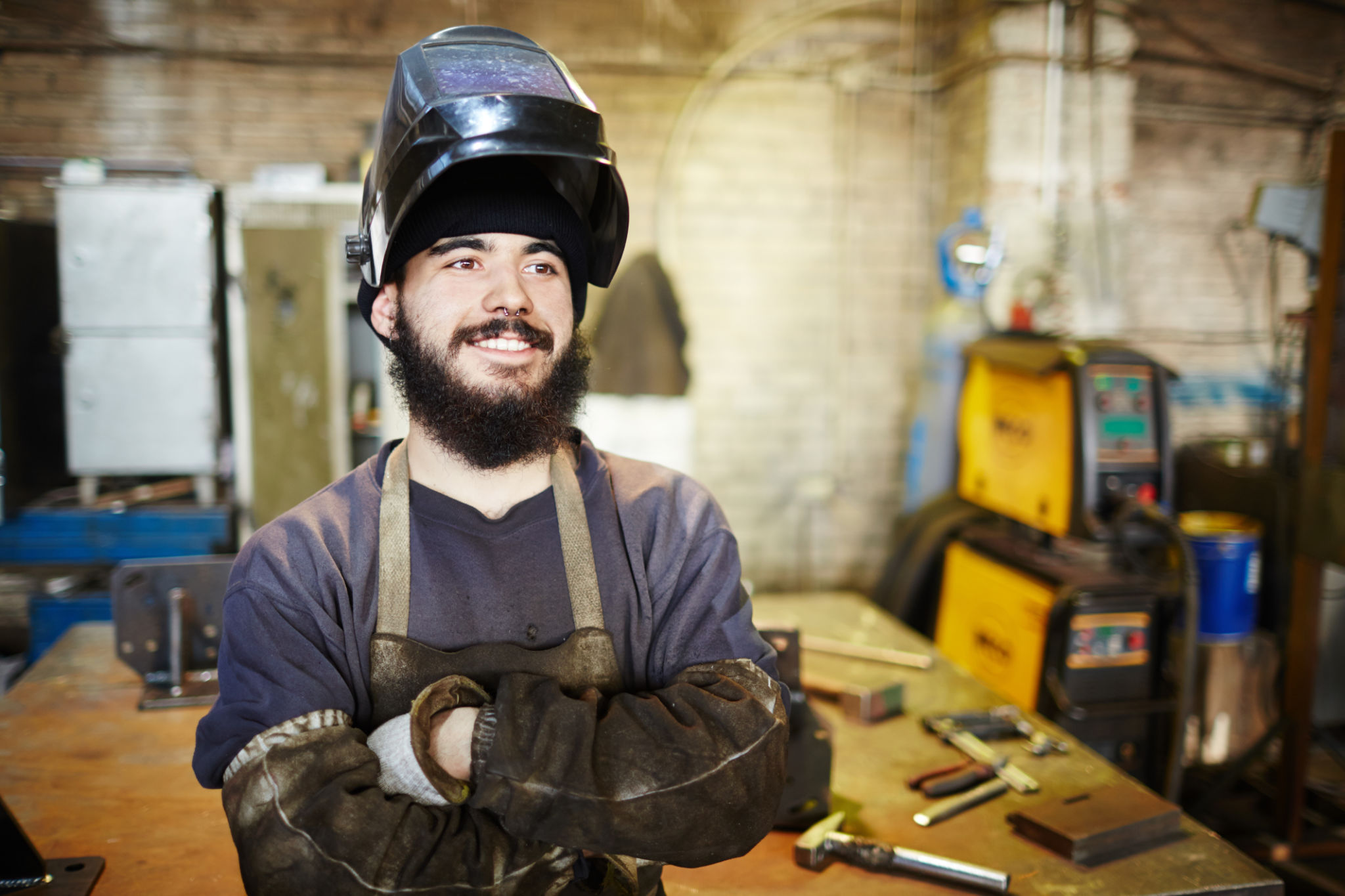Expert Tips for Maintaining Your Welding Equipment
Understanding the Importance of Equipment Maintenance
Maintaining your welding equipment is essential for ensuring safety, efficiency, and longevity. Regular maintenance not only prevents costly repairs but also enhances the quality of your work. By following expert tips, you can keep your equipment in top condition and reduce downtime.
Neglecting routine maintenance can lead to equipment failure, which can be dangerous and expensive. Consistent care helps in identifying potential issues before they escalate, ensuring smooth operations in your workshop.

Daily Inspections
Check for Wear and Tear
Before starting your day, conduct a quick inspection of your welding equipment. Look for signs of wear and tear, such as frayed cables, damaged hoses, or loose connections. Identifying these issues early can prevent accidents and prolong the life of your equipment.
Test Safety Features
Ensure all safety features are functioning correctly. This includes checking the emergency shut-off switch, grounding connections, and any other safety mechanisms. Proper functioning of these features is crucial for preventing accidents.

Regular Cleaning
Remove Dust and Debris
Dust and debris can accumulate on your welding equipment, affecting its performance. Regularly clean the surfaces, vents, and components using a soft brush or compressed air. This simple task can significantly enhance the efficiency of your machines.
Inspect Consumables
Consumables such as nozzles, electrodes, and contact tips should be regularly inspected and replaced as needed. Worn-out consumables can lead to poor weld quality and may damage the equipment. Keep a stock of essential consumables to avoid interruptions.

Lubrication and Calibration
Lubricate Moving Parts
Proper lubrication of moving parts helps prevent friction and wear. Use the recommended lubricant for your specific equipment and ensure all moving components are adequately lubricated.
Calibrate Equipment
Calibration ensures your equipment operates at optimal settings. Regularly check and adjust your machines according to the manufacturer's guidelines. Proper calibration is vital for achieving precise and consistent welds.
Professional Servicing
While daily and routine maintenance can be handled in-house, professional servicing is recommended at least once a year. Experienced technicians can perform in-depth inspections, identify hidden issues, and carry out necessary repairs or upgrades.
Investing in professional servicing ensures that your equipment remains in excellent condition, minimizing the risk of unexpected breakdowns and extending its lifespan.

